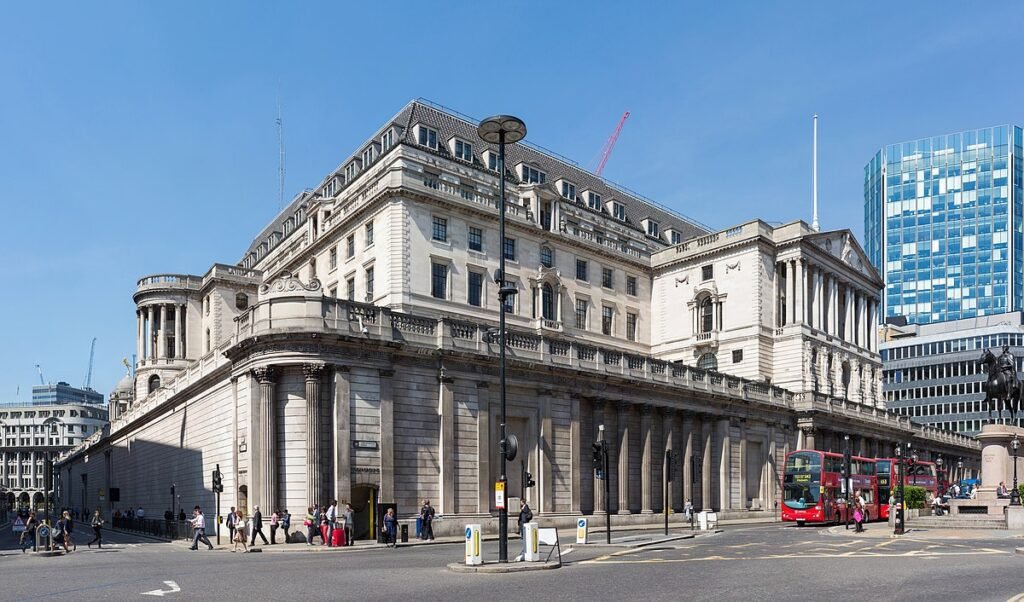The UK saw a steeper-than-projected rise in inflation at the start of the year, adding more strain to domestic budgets and making an early interest rate cut less likely. This hike has prompted concern among policymakers and the general public, with rising living expenses still testing economic stability.
The Consumer Prices Index (CPI) rose to 3% in January, an increase from the 2.5% in December, the Office for National Statistics (ONS) states. This 10-month peak is primarily driven by increases in food prices and a rise in the cost of fuel, which have put pressure on budgets and made it difficult to forecast economic trends.

The surprise increase in inflation poses a major threat to the Bank of England, which has already hinted at easing interest rates over the next few months. With inflation now higher than forecast, the central bank might need to reconsider its monetary policy to prevent further economic instability. Experts are of the view that the Bank of England will wait and adopt a more cautious strategy before any adjustment in rates.
Families are suffering as the price of necessities like groceries and power keeps rising. Families have already been struggling financially, and recent inflation rates indicate relief may be more distant than expected. Rising prices are again pinching disposable incomes, and it is becoming increasingly difficult for workers to match living costs.
Financial markets had earlier bet that the Bank of England could cut interest rates as soon as next month to boost economic growth. But the recent inflation figures have put this on hold. Central banks are usually deterred from cutting interest rates when inflation is high because it would only add to price rises. Policymakers may instead wait for more sustained evidence of inflation slowing before making any cuts.
Increasing fuel costs have been a major factor in pushing up inflation, with international energy prices continuing to be volatile. Consumers have seen higher petrol and diesel prices at the pump, which have contributed to transportation costs for both households and businesses. Supply chain issues have also pushed up the cost of imported goods, further fuelling the inflationary trend.
Grocery shopping bills have also registered a significant increase, further burdening consumers. Most basic foods have increased in prices, forcing households to redraw their budgets and find ways of curbing expenses. Supermarkets and suppliers are also facing higher production and transportation costs, which are being transferred to consumers.
Since inflation continues to be a top issue, government leaders are increasingly being pressured to enact policies that can alleviate the cost burden on consumers. Although some economists are of the opinion that inflationary pressures may ease over time later in the year, uncertainties in global markets, energy prices, and geopolitical tensions make it challenging to forecast the direction of inflation with certainty.
The Bank of England’s upcoming monetary policy decisions will be under close scrutiny since they will offer further insight into how policymakers will balance economic growth with inflation control. Any such indication of shifting strategy will, in all probability, have immediate effects on the financial markets and consumer confidence.
Even with the threat of increasing inflation, some economists say that the trend is not likely to continue forever. If the squeeze on supply chains eases and energy prices stabilize, inflation might start to recede, giving room to the central bank to be more flexible in managing interest rates. Until that happens, business people and consumers alike need to prepare themselves for more economic uncertainty.
In the meantime, the sudden jump in inflation is a reminder of the fine balancing act needed to keep the economy stable. With policymakers working on difficult terrain, the next few months will be pivotal in deciding the trajectory of inflation, interest rates, and broader financial conditions in the UK.








